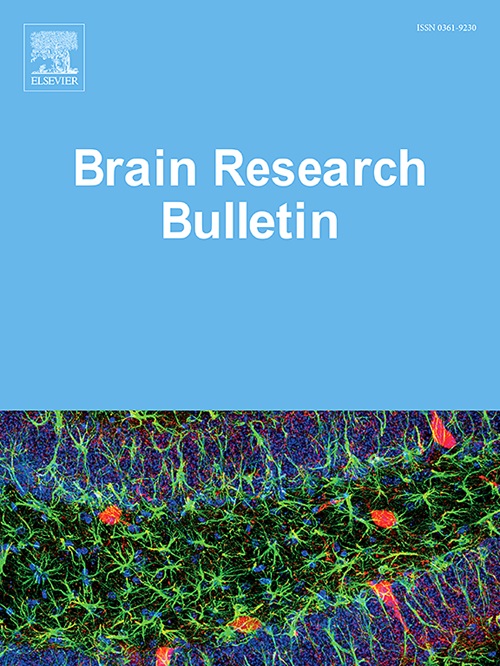Advanced neuromonitoring techniques for medical and neurological ICU patients
IF 3.7
3区 医学
Q2 NEUROSCIENCES
引用次数: 0
Abstract
Newly developed neurological complications are not confined to patients admitted to the neurology ICU but also occur in the medical ICU. In addition to patients with traumatic brain injuries, critically ill patients with sepsis, encephalopathy, and post-cardiopulmonary resuscitation are at risk of developing neurological complications. The situation can worsen when patients are sedated and intubated, which prevents the clinical manifestations to be presented. In this regard, non-convulsive seizures and status epilepticus, new onset strokes, and neuromuscular weakness syndromes could be missed which escalates the prognosis. The advancement of neuromonitoring technology enables real-time, multimodal assessments of brain functions, improving the ability of clinicians to detect and preemptively address potential neurological complications. In this study, we reviewed which certain neurological and medical conditions pose a high risk for developing secondary or new-onset neurological complications. Additionally, we reviewed various approaches that can assist in detecting these complications, including automated pupillometry, Bispectral Index monitoring, electroencephalogram, somatosensory evoked potentials monitoring, jugular venous oxygen saturation monitoring, PbO2 monitoring, near-infrared spectroscopy, transcranial Doppler sonography, thermal diffusion flowmetry, cerebral perfusion pressure monitoring, and biomarkers associated with neuronal damage. Last but not least, we reviewed the potential of integrating artificial intelligence in the ICU.
医学和神经学ICU患者的先进神经监测技术。
新出现的神经系统并发症不仅发生在神经内科重症监护病房,也发生在医学重症监护病房。除了创伤性脑损伤患者外,患有败血症、脑病和心肺复苏的危重患者也有发生神经系统并发症的风险。当患者被镇静和插管时,情况会恶化,这阻止了临床表现的出现。在这方面,非惊厥性发作和癫痫持续状态,新发中风和神经肌肉无力综合征可能会被遗漏,从而加剧预后。神经监测技术的进步使实时、多模式的脑功能评估成为可能,提高了临床医生检测和预防潜在神经系统并发症的能力。在这项研究中,我们回顾了哪些特定的神经和医学条件会导致继发性或新发神经系统并发症的高风险。此外,我们回顾了各种有助于检测这些并发症的方法,包括自动瞳孔测量、双谱指数监测、脑电图、体感诱发电位监测、颈静脉氧饱和度监测、PbO2监测、近红外光谱、经颅多普勒超声、热扩散血流法、脑灌注压监测和与神经元损伤相关的生物标志物。最后但并非最不重要的是,我们回顾了在ICU中整合人工智能的潜力。
本文章由计算机程序翻译,如有差异,请以英文原文为准。
求助全文
约1分钟内获得全文
求助全文
来源期刊

Brain Research Bulletin
医学-神经科学
CiteScore
6.90
自引率
2.60%
发文量
253
审稿时长
67 days
期刊介绍:
The Brain Research Bulletin (BRB) aims to publish novel work that advances our knowledge of molecular and cellular mechanisms that underlie neural network properties associated with behavior, cognition and other brain functions during neurodevelopment and in the adult. Although clinical research is out of the Journal''s scope, the BRB also aims to publish translation research that provides insight into biological mechanisms and processes associated with neurodegeneration mechanisms, neurological diseases and neuropsychiatric disorders. The Journal is especially interested in research using novel methodologies, such as optogenetics, multielectrode array recordings and life imaging in wild-type and genetically-modified animal models, with the goal to advance our understanding of how neurons, glia and networks function in vivo.
 求助内容:
求助内容: 应助结果提醒方式:
应助结果提醒方式:


